ADVANCED PROCESS CONTROL and OPTIMIZER
ADVANCED CONTROL
What is “advanced” control now?
With advances in control, the issue arises of what defines a truly “advanced” control. Advanced control involves distributed and supervisory control above the basic level of regulatory control. Closed loop PID controllers provide basic regulatory control. Also, simple cascades of a process variable to flow control, such as temperature setting to flow control, are regulatory controls.
Also, there now exist a category of controls that were previously known as “advanced” that are now generally described as augmented regulatory controls. These include nonlinear level controllers, dead time compensators, pressure-compensated temperature controllers, and cascades to a non-flow secondary control variable.
Today’s advanced process controls usually involve composition and constraint control. They can be implemented as a number of individual controllers or as part of a large multivariable model-based predictive controller. The recent trend has been towards larger controllers and away from numerous smaller controllers. By integrating controls into a single controller, interactions across an entire unit or plant can be better managed. These large model-based controllers might be built in a modular fashion with use of sub-models that can be deactivated if problems with sensor data occur.
In the early 1990’s, the typical multivariable predictive controller handled about 12 controlled or constraint variables using about 6 manipulated variables or control valves. Recently, successful applications have been reported that look at 400 variables and move 200 valves.
In the future, neural network models and expert systems will be gradually integrated into both advanced control and optimization applications.
OPTIMIZATION
Optimization
As the ability to precisely control the plant improves, interest naturally shifts to making sure that one has the right control objective. Exact control to the wrong target does not satisfy any process control engineer. Optimization involves any method to determine the feedstock selection or process operating characteristics that obtain maximum profit and/or minimum cost.
The interaction of linear program models used for off-line plant-wide optimization with on-line optimization and advanced control has a fascinating history. in those days. In the 1960’s many companies developed large, complex simulation models that initially required the capabilities of mainframe computer systems.
